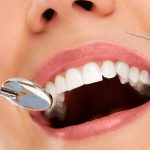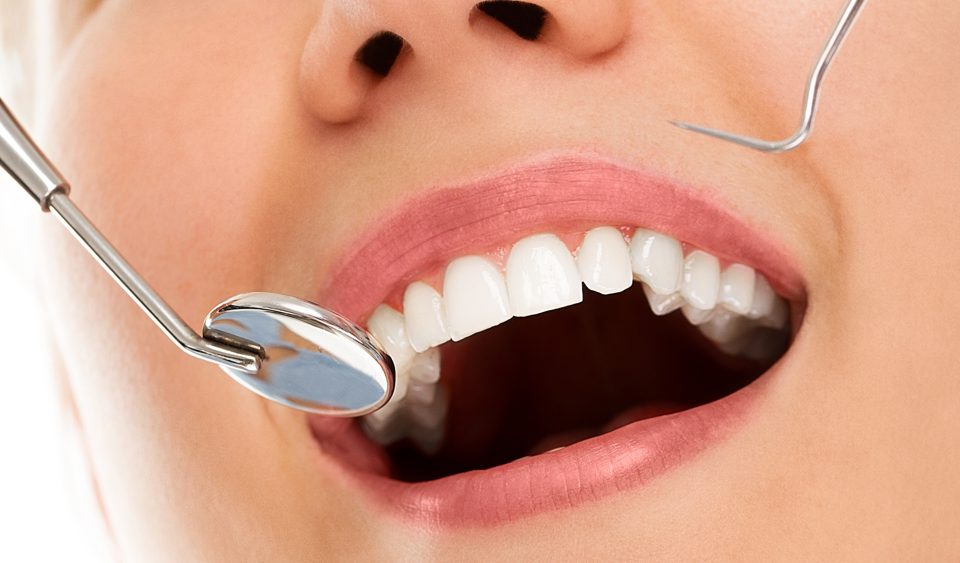
Missing one or more teeth, a problem for several reasons
05/03/2024Healthy gums have a pale pink color, do not bleed when washing and are not accompanied by a painful condition. Bleeding from the gums can occur as a result of mechanical damage and irritation (poor filling edges, long-term use of dental floss in the wrong way, rough manipulation with a toothbrush with hard fibers...). Causes can also be systemic diseases, the use of certain medications, and the like. The most significant cause of bleeding and gum disease is dental plaque (soft and hard dental deposits), which in neglected form leads to gum inflammation. If this condition is not resolved in time, it can lead to the formation of a periodontal pocket and over time to loose teeth (periodontosis), which is a prelude to terminal tooth loss. Dental plaque or dental deposits are abundant with a mass of bacteria that accumulate most often along the edge of the gums, fissures and depressions on the teeth and the spaces between the teeth.
If oral hygiene is not adequate, bacteria from dental plaque lead to changes, i.e. caries on hard dental tissues, and gingivitis (inflammation of the gums) on soft tissues. Inflammatory changed gums bleed on pressure and just brushing the teeth, sometimes spontaneously. Hard dental deposits (calculus) mechanically and chemically damage the gingiva, lead to receding gums and bare the necks and roots of the teeth. If it is not acted on in time, this is the introduction to the deterioration of the supporting tissue of the teeth and the emergence of a serious disease - periodontitis, which eventually ends in tooth decay and loss, with symptoms of an unpleasant smell and severe bleeding.
THE FIRST SIGNS AND SIGNIFICANT SYMPTOMS INDICATING THE PROBLEM
Bleeding even at the slightest touch of the gums, changed appearance of the gums (enlarged, glowing red, receding) are the basic signs of gingivitis. Patients usually do not recognize the first symptoms and come to the doctor's office late, when the condition has already advanced in terms of heavy bleeding and when it is often already too late. Fetor ex ore, bad breath, is a symptom that patients also complain about in this phase, and it is a consequence of the presence of a large amount of bacteria in dental plaque and tartar and the bleeding itself.
WHEN TO APPLY IF THERE IS A PROBLEM AND HOW TO PREVENT PERIODONTOPATHY FROM OCCURRING?
Conscientious and responsible behavior towards one's overall health includes a developed awareness of the importance of maintaining the health of the mouth and teeth as the gateway to the interior of our organism. By regularly maintaining the hygiene of the mouth and teeth, which includes regular dental examinations, we can prevent problems from occurring.
In the case of symptoms of gingivitis, the first approach is causal - the dentist uses ultrasound to remove hard dental deposits, and soft dental plaque is removed using abrasive paste and a brush. The patient is prescribed suitable liquids for rinsing the mouth and teeth with the appropriate composition, which should certainly not be taken without the advice of a dentist. After the removal of hard and soft plaque in the office, bleeding may occasionally occur for a few more days. We always motivate and educate the patient in terms of the choice of accessories for maintaining oral hygiene and how to properly treat hard and soft dental tissues.
Gums should never bleed, neither when biting into solid food, nor when brushing with a toothbrush.
The appearance of bleeding on the right is a warning sign and a guideline for immediate contact with your dentist, who will establish a diagnosis of damage through an examination, apply adequate therapy and give advice on further steps. If you react in time, the changes can be reversed and in this way the occurrence of a serious disease (periodontal disease) is prevented, thus you have done a lot for the overall health of your body.


